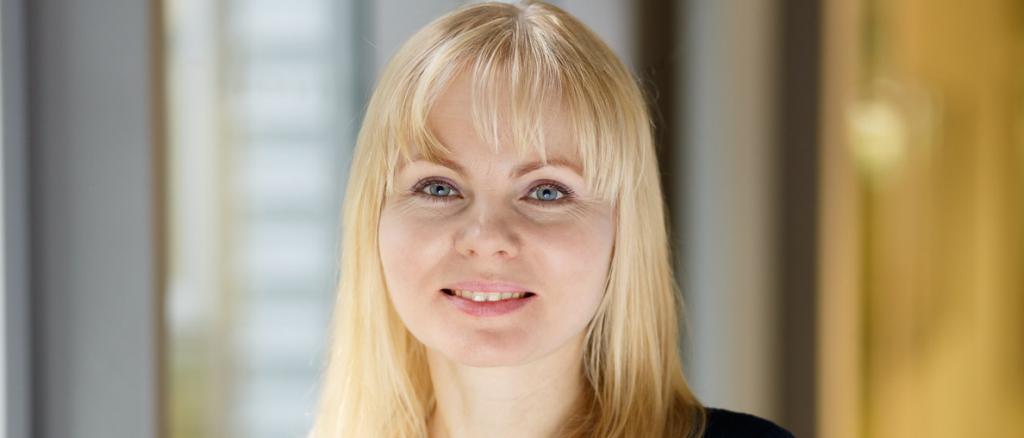
Prof. Dr. Nataliya Di Donato is a university professor of Human Genetics and director of the Institute of Human Genetics at the MHH Hannover Medical School in Germany. Her research focuses on clarifying the mechanisms that lead to non-muscular actinopathies, a rare genetic disorder that exhibits a variety of pathologies – from cardiorenal syndromes to impairments of sensory perceptions. The research scientist concentrates on investigating the correlations between genetic changes in ACTB and ACTG1 genes along with the disease patterns that result from them. Mutations of these genes provide for alterations in proteins which, in turn, can lead to developmental disorders and a malformation of the cerebral cortex. The researching of these rare disorders helps toward understanding the function of one of the most vital proteins – actin – and at the same time opens up the possibility to develop a specific therapy in the future for patients suffering from rare actinopathies. As the scientist emphasizes to point out: “What I find particularly motivating is the thought that the rapid development of gene therapy is bringing the cure for genetically caused disorders within reach. It is my deepest wish that my work is able to contribute to improving the quality of life for people with rare genetic disorders on a lasting basis.”
Within the scope of the Else Kröner Excellence Fellowship (2021), Nataliya Di Donato designed a disease registry together with her collaborating partners that currently includes more than 300 patients worldwide and continues to be pursued in a closely knit exchange with the patient advocacy organization. In addition, the researchers discovered that actin mutations readily influence the first stages of development of the cerebral cortex and cause a distinct reduction of neural progenitor cells. “We recently successfully managed to compile initial classification of the complex group of non-muscular actinopathies. Among others, this permits a more precise specification of the individual prognosis and adjustment during patient care and supervision,” explains the specialized geneticist.
Nataliya Di Donato successfully completed her studies of medicine in 2002 in Kharkiv, Ukraine – followed by a master’s degree in human genetics and the beginning of specialized medical training in Kyiv. After receiving her MD PhD from the Institute of Medical Genetics at the University of Zurich, she commenced her residency toward becoming a specialist in human genetics, then subsequently assumed direction of the Genetic Outpatient Clinic at the Institute for Clinical Genetics at University Hospital TU Dresden. Following a stay as visiting researcher at the Center for Integrative Brain Research at the Seattle Children’s Research Institute, Seattle, WA in the USA, from 2016 to 2021 she acted in capacities as research group leader and deputy institute director at the Institute for Clinical Genetics at University Hospital TU Dresden. Since May of this year she holds positions as university professor of Human Genetics and director of the Institute of Human Genetics at the MHH Hannover Medical School.
The research scientist’s favorite way to spend her time is with her family: “We’re multicultural and are frequently off on trips to visit relatives or else to explore new places, other countries and experience the people who live there while we immerse ourselves in different cultural environments.”